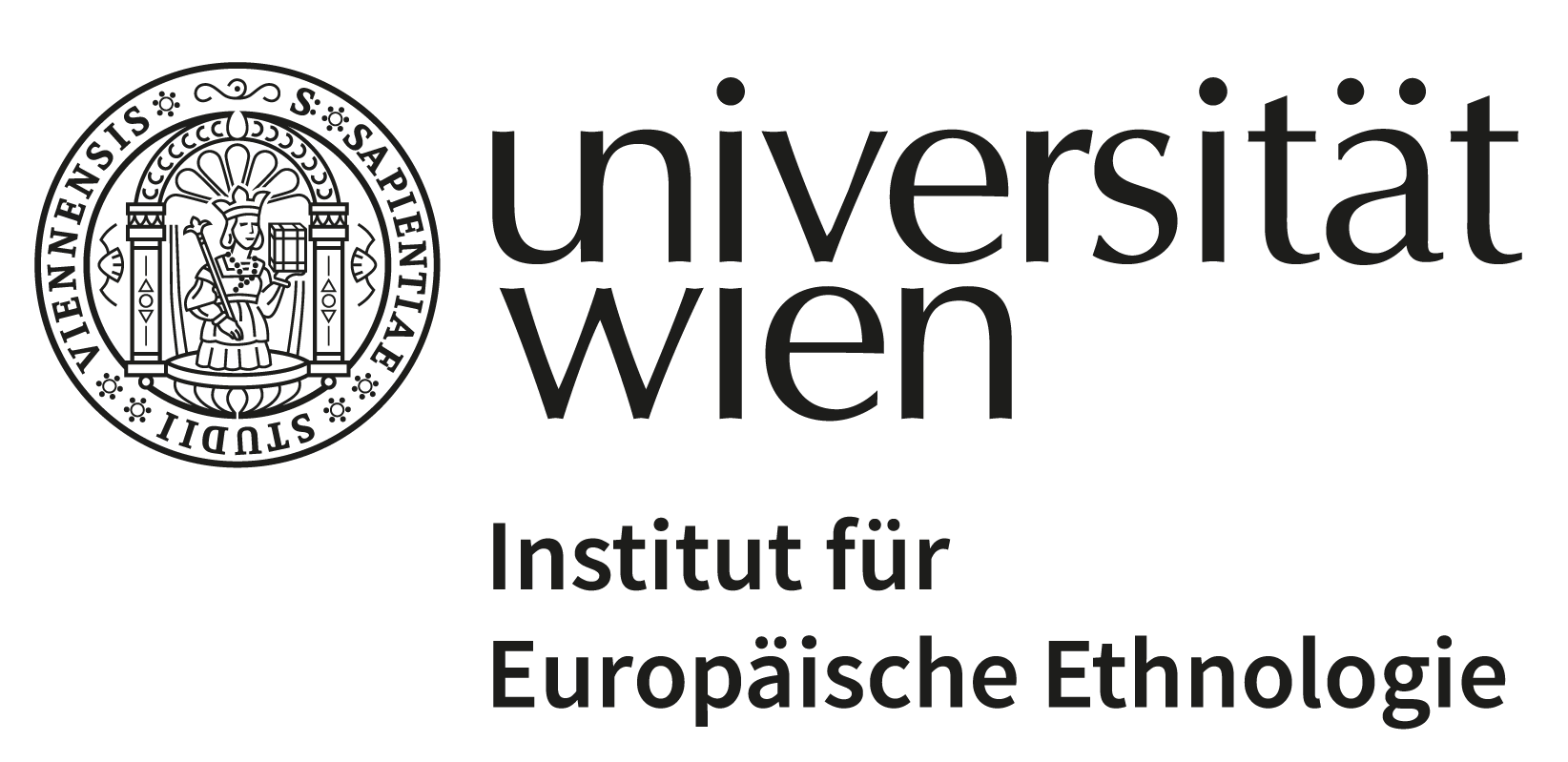What is an archive? How do research and artistic practices produce archives? What are the processes, systems, procedures and collective efforts involved in the creation and sharing of archives? The presentations in this first encounter explore approaches to research through the creation of archives.
A recording of the first event in the series „Producing and enacting the archives“ (2021), organized by the research network „Penser l’urbain par l’image“ (PUI), with contributions by Ilana Boltvinik (Mexico City), Alexa Färber, Anne Jarrigeon, Laetitia Overney and Hortense Soiche (Paris/Vienna) can be viewed here.
Was ist ein Archiv? Wie produzieren Forschungs- und Kunstpraktiken Archive? Welche Prozesse, Systeme, Abläufe und kollektive Bemühungen sind im Schaffen und Teilen von Archiven involviert? Die Präsentationen dieser ersten Begegnung erkunden Forschungsansätze mittels der Erschaffung von Archiven.
Eine Aufnahme der ersten Veranstaltung mit Vorträgen von Ilana Boltvinik (Mexico City) und Alexa Färber, Anne Jarrigeon, Laetitia Overney, Hortense Soiche (Paris/Wien) in der Reihe „Producing and enacting the archives“ (2021), organisiert vom Forschungsnetzwerk „Penser l’urbain par l’image“ (PUI) ist hier verfügbar.
Counter-expeditions. Heterogeneous counter-archival practices and translations in Research-based Art
Ilana Boltvinik (Mexico City)
The presentation unravels three phases of the Research-based Art practice of the art collective TRES as a way to question-together the methodological implications of archival and action based practices in these new and strange times. We discuss gathering the archive, focusing —after the collection of raw material— and translating results as a way to share and connect.
Re-prises
Alexa Färber, Anne Jarrigeon, Laetitia Overney, Hortense Soichet (Paris/Wien)
Invited by the GRAPh (Photography-based Outreach and Research Group), the collective „Penser l’urbain par l’image“ (PUI) explores the archives of the photography workshops run by this popular education organization for the past 30 years. But how can this collection of amateur photographs be accessed? How does it exist? How can it become visible? How can it be shared? The webiste re-prises.com brings together the different steps, actors and modes of representation of this collective invention of an archive.
About the contributors
Ilana Boltvinik is a visual artist and researcher, who works at the Instituto de Artes Plasticas at the Universidad Veracruzana and is co-founder of TRES (2009), an independent art collective. She is also part of the pedagogic team at SOMA, Mexico. Ilana considers herself a multi-level scavenger that enjoys long walks observing and counter-mapping the floor. Her art-based research practice is concentrated on the implications of urban space and waste. Of particular interest has been the inquiry on garbage as a physical and conceptual residue that entails political and material implications. One fundamental aspect of TRES is the methodological intertwining with biology, anthropology and archaeology among other disciplines. She completed her PhD in Social Sciences and Humanities at the Universidad Autonoma Metropolitana (UAM-C), Mexico City; her postgraduate studies at the Rijksakademie van Beeldende Kunsten, Netherlands; and undergraduate studies in Art at the National School of the Art (ENPEG), Mexico City.
Founded in 2012, the French-German collective Penser l’urbain par l’image (PUI), in collaboration with the Labex Futurs Urbains, brings together anthropologists, architects, geographers, sociologists, city planners working with photography and/or film as well as artists for an experimental exploration of the potentialities of film and photography for urban research.

